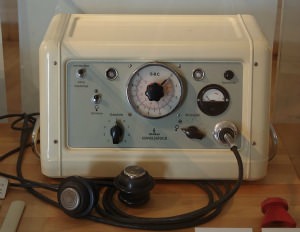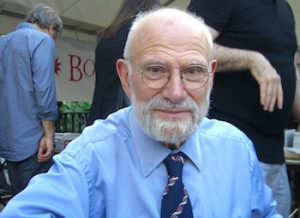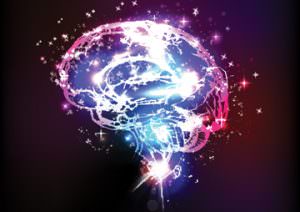Doctors Get a Clue About How Shock Therapy Works
It's long been a subject of controversy, as well as a few dramatic movie scenes, but electroconvulsive therapy, aka shock therapy, also appears to work when other treatments don't in some persistent cases of depression. Now the medical community has a little more insight into how it helps patients.
It’s long been a subject of controversy, as well as a few dramatic movie scenes, but electroconvulsive therapy, aka shock therapy, also appears to work when other treatments don’t in some persistent cases of depression. Now the medical community has a little more insight into how it helps patients.
Your support matters…Bloomberg Businessweek:
In the study, nine patients scheduled to undergo shock therapy had their brains scanned using functional MRI before and after treatment. This type of imaging detects blood flow to specific areas of the brain. Then the researchers analyzed the brain’s connectivity using a new mathematical model.
The finding suggests that this overactive connection is important, without saying why. A previous study, published in the journal PLoS had similar results, showing that depressed patients had more hyperactive connections compared with normal control subjects.
Independent journalism is under threat and overshadowed by heavily funded mainstream media.
You can help level the playing field. Become a member.
Your tax-deductible contribution keeps us digging beneath the headlines to give you thought-provoking, investigative reporting and analysis that unearths what's really happening- without compromise.
Give today to support our courageous, independent journalists.






You need to be a supporter to comment.
There are currently no responses to this article.
Be the first to respond.